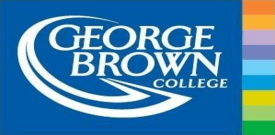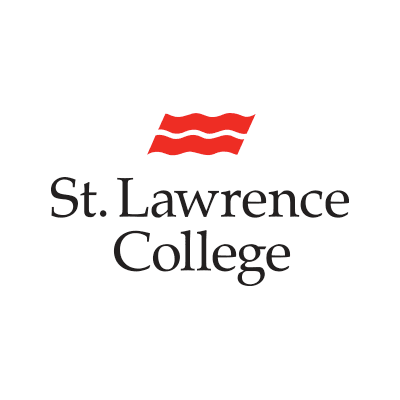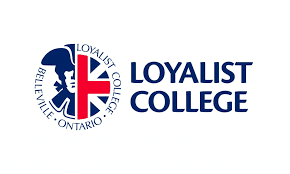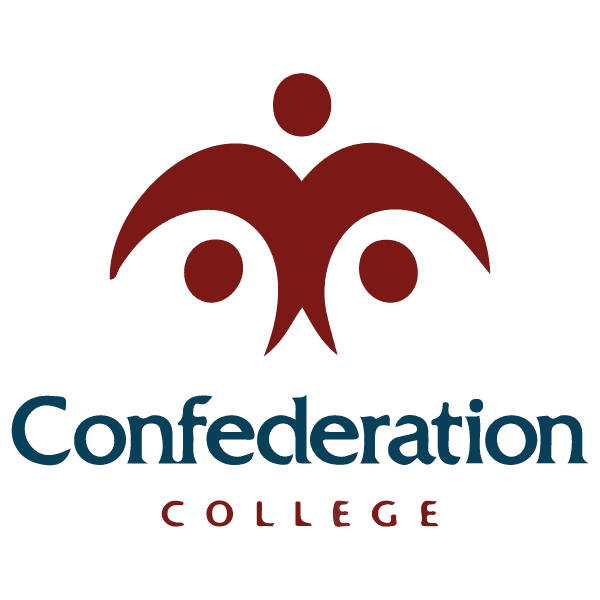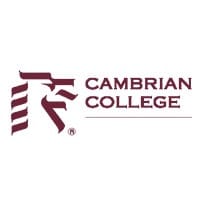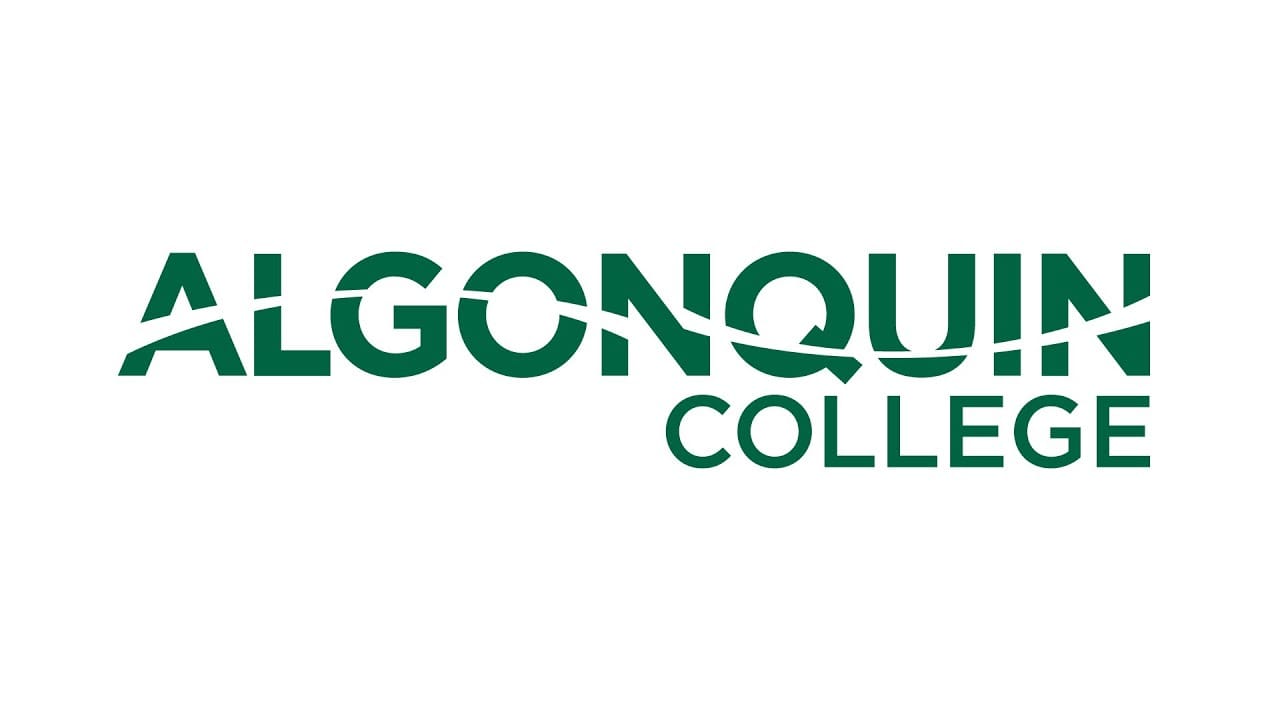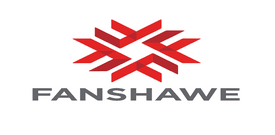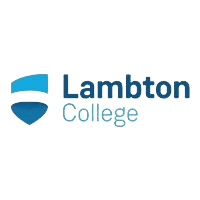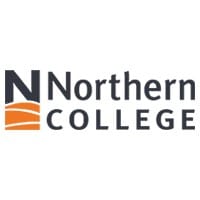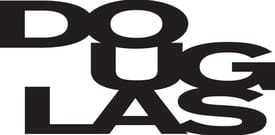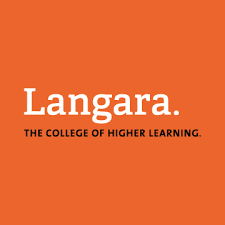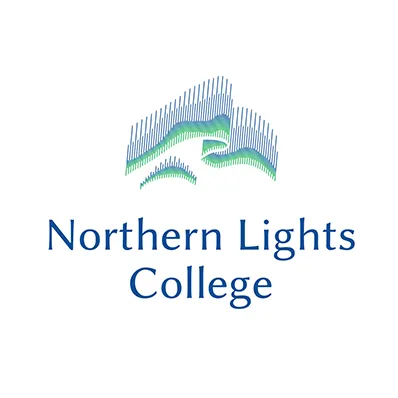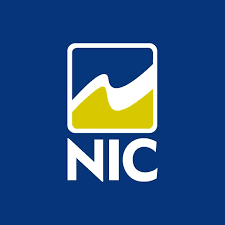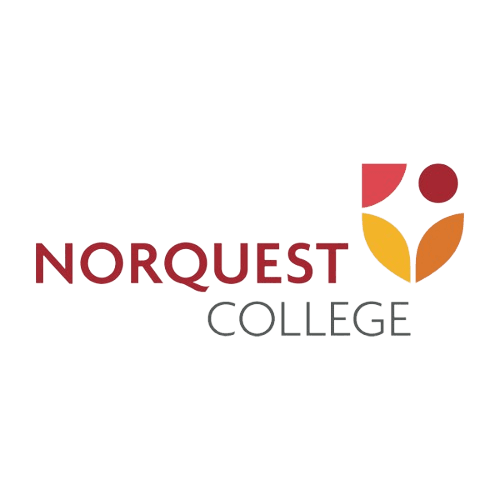If you are planning to study in Canada, colleges are one of the smartest entry points for international students. Unlike universities that can feel overwhelming and expensive, colleges focus more on hands-on skills, practical courses, and faster pathways to jobs. Many students from Nepal begin their journey at a Canadian college and then either continue working or transfer into a university later.
Canadian colleges are not just about affordability, they are designed to prepare you for the real world. Co-op placements and internships allow you to work with employers while studying. For Nepali students, this means you get both Canadian education and Canadian work experience together, making you more employable after graduation.
So when you are exploring your options to study in Canada from Nepal, think of colleges as your bridge. They are practical, supportive, and give you flexibility to shape your future. Explore some of these colleges below.
When I first came to Canada, I was nervous about fitting in and managing costs. Starting at a college gave me smaller classes, approachable professors, and the chance to work part-time. It made my transition smoother than I ever imagined.
Anjana Shakya
Humber College, Toronto
Major Colleges in Canada for International Students
These colleges are some of the most recognised names in Canada. They attract thousands of international students every year because of their size, program variety, and strong employer connections. Studying here means becoming part of a diverse campus community while gaining opportunities in fields like business, technology, health, and creative industries.
At the same time, it’s important to be realistic. Because these colleges are so popular, entry can be competitive. Meeting the academic requirements, English language scores, and applying on time are essential. Seats in popular programs often fill quickly. For many international students, including Nepalese, these colleges represent the safest and most practical starting point in Canada. But the right guidance during applications makes all the difference in securing admission.
Humber is one of the largest and most international colleges in Canada, with over 150 programs in business, IT, health, and design. Its co-op system connects students directly to Toronto employers, giving real Canadian work experience during studies. Because of its popularity, certain programs close months before deadlines, so applying early is essential.
Seneca stands out for its applied and technology-driven programs in IT, aviation, data, and media. With multiple campuses in Toronto, it gives students access to one of Canada’s most active job markets. Seats in technical programs can be limited, and English requirements are often strict, so careful preparation is needed.
Industry partnerships and applied research make Centennial stand out. Strong in aerospace, hospitality, health, and engineering technology. International students appreciate its practical curriculum and supportive ecosystem.
Located in downtown Toronto, George Brown gives students daily exposure to the city’s professional world, especially in hospitality, culinary arts, design, and healthcare. It’s a favourite for international students who want to combine study with city life. Competition for programs in hospitality and design can be high, so strong portfolios and early applications help.
Sheridan has a global reputation for animation, film, and design, alongside solid programs in business and computing. Its studios and creative facilities attract students from across the world. Creative programs here are selective — portfolios and talent play a big role, so international students must be well prepared before applying.
Conestoga is a leader in business, IT, health, and engineering diplomas. Its location in the Waterloo tech corridor connects students with startups and innovation hubs. Many international students choose it for its mix of affordability and opportunity. While entry here is more flexible than in Toronto colleges, the demand for IT and health programs still makes early application important.
Affordable and Job-Oriented Colleges in Canada
Not every student is looking for big-city campuses. Many international students, including Nepalese, prefer colleges that combine affordability with strong technical programs and applied learning.
These institutions are known for modern labs, career-focused diplomas, and graduate certificates that open doors to employment across Canada.
If you want practical training in fields like engineering, IT, healthcare, or skilled trades, these colleges are excellent choices.
Mohawk is well respected for its applied health, technology, and business programs. Hamilton offers a quieter lifestyle compared to Toronto, but with strong access to employers in healthcare and manufacturing. Tuition is affordable, and the city’s lower living costs make Mohawk a popular option for cost-conscious international students.
Located in Kingston, St. Lawrence College provides programs in healthcare, business administration, and skilled trades. Its smaller size creates a supportive environment where international students can settle in easily. Many Nepalese learners appreciate the balance of affordable fees and quality programs that prepare them directly for employment.
Sault College specialises in aviation, engineering technology, and health programs. It is a smaller institution, but students benefit from personalised support and a strong sense of community. The lower tuition and living costs in Sault Ste. Marie make it an appealing option for international students seeking value.
Loyalist is known for its applied programs in media, health, and technology. Belleville offers a friendly, community-based environment, making it easier for international students to feel at home. Its affordable tuition fees and PGWP-eligible programs attract learners who want both value and quality.
Fleming has a solid reputation for environmental, natural resources, and health-related programs. Located in Peterborough, the college provides a safe, affordable setting with opportunities to gain practical skills. International students, including Nepalese, often choose Fleming for its focused programs and welcoming campus life.
Confederation offers diplomas and graduate certificates in aviation, business, health, and technology. Thunder Bay provides a lower cost of living, and the smaller class sizes at Confederation mean students receive more personalised attention. For international students, it’s a strong choice for affordability and employability.
Cambrian is one of Northern Ontario’s leading colleges, with strengths in nursing, health sciences, engineering technology, and community services. Sudbury’s lower living costs and welcoming atmosphere make it easier for international students to adapt, and the college is known for its practical, career-focused approach.
Affordable colleges are an excellent pathway for international students who want to control costs while still gaining Canadian education, work experience, and PGWP eligibility.
Institutions like Mohawk, Cambrian, and Loyalist prove that quality doesn’t always come with the highest price tag.
At the same time, affordability is just one factor. Many students also look for colleges that specialise in creative industries, technology, and applied learning, or even smaller regional colleges that provide strong university transfer pathways.
In the next sections, we’ll explore those options so you can see the full range of Canadian colleges available to international students, including learners from Nepal.
Creative, Technology and Applied Learning Colleges
For international students who want hands-on training in fields like engineering, IT, media, and skilled trades, Canada has colleges that are leaders in applied learning.
These institutions invest in modern labs, co-op programs, and employer partnerships that make graduates job-ready.
Many Nepalese students also choose them because they combine affordability with direct links to industries that are hiring in Canada.
In the country’s capital city, Algonquin offers strong programs in health sciences, business, and technology. With well-equipped labs and excellent co-op placements, students graduate with the confidence to step straight into the workplace. Ottawa’s safe and welcoming environment makes Algonquin a good choice for international learners.
Fanshawe has a wide variety of programs — from hospitality and media to IT and engineering technology. It is well known for welcoming international students and offering co-op options that provide real Canadian work experience. The city of London strikes a balance between affordability and a vibrant student community.
Durham combines affordability with quality applied programs in health, technology, and trades. Its location near Toronto means students enjoy lower living costs while still being connected to Canada’s largest job market. This mix of opportunity and value makes Durham popular among international students, including Nepalese.
Lambton is frequently recognised for innovation and applied research. Its programs in business, engineering technology, and health are strong, and students benefit from small class sizes. For many international learners, Lambton offers a supportive environment with lower costs compared to larger cities.
Known as “Canada’s co-op college,” Georgian integrates paid work terms into most programs. Its strengths include automotive, engineering, business, and health sciences. For international students, this practical model makes Georgian one of the best places to gain job experience while studying.
Northern may be smaller, but it provides excellent training in applied technology, trades, and health programs. Its quiet setting in Timmins appeals to students who want affordability and focus. International students also appreciate the personalised attention and community atmosphere.
Colleges like Algonquin, Fanshawe, and Georgian show how applied learning can create direct bridges into the Canadian workforce. They are especially valuable for international students who want skills that translate quickly into jobs.
But applied learning isn’t the only path. Some students prefer colleges that focus on smaller class sizes, community-based learning, and strong university transfer opportunities. In the next section, we’ll look at these regional and pathway colleges, which continue to open doors for international students, including those from Nepal, who are aiming for both affordability and long-term academic goals.
Typical Costs by College Type
Not all colleges in Canada cost the same. Large urban campuses in Toronto or Vancouver tend to have higher tuition and living expenses, while regional colleges are usually more affordable. Here’s a quick comparison to give you a sense of the range.
| College Type | Av Tuition | Living Costs (per year) | PGWP Eligible? |
| Urban Colleges | C$17k– 20k | C$15k – 18k | Yes |
| Mid-sized Colleges | C$14k – 17k | C$12, – 15k | Yes |
| Regional Colleges | C$13k – 15k | C$10k – 13k | Yes (public) |
These are only averages, and your actual expenses will vary depending on city, program, and lifestyle. If you’d like a deeper breakdown of tuition, living costs, and how to budget as an international student, explore our full guide on the cost to study in Canada from Nepal.
Pathway and Regional Colleges in Western Canada
Not all international students choose to study in Canada’s biggest cities. Many prefer regional colleges that offer smaller class sizes, close-knit communities, and more affordable living costs.
These institutions are also known for their strong pathway programs, allowing students to begin with a diploma and then transfer into a bachelor’s degree at a partner university.
For international students, including Nepalese learners, these colleges provide an excellent balance of affordability, support, and long-term opportunities.
Douglas is well regarded for its university transfer programs and strong offerings in business, health, and liberal arts. Students can start at Douglas and then move into universities like Simon Fraser or UBC. Its location near Vancouver also provides access to a dynamic job market.
Red Deer combines affordability with solid programs in health, trades, and business. Its smaller campus community helps international students adapt easily. It also has partnerships that allow graduates to continue their studies at universities in Alberta.
Langara is one of Vancouver’s top colleges for transfer pathways. Many international students begin here before moving into a bachelor’s degree at a university. Programs in arts, sciences, business, and health are popular, and the Vancouver setting offers both opportunities and higher living costs.
Northern Lights is strong in trades, energy, and applied sciences. Its regional setting makes it an affordable choice, and students benefit from personalised attention. International learners also find it easier to access work opportunities in industries connected to northern BC.
North Island offers programs in business, tourism, health, and trades. Its location on Vancouver Island appeals to students who prefer a quieter lifestyle and lower living costs, while still gaining PGWP-eligible programs. University transfer pathways are a key feature.
NorQuest specialises in health, human services, and language training. It has a diverse student population and offers strong support services for international learners. Many Nepalese students appreciate NorQuest for its welcoming atmosphere and career-oriented programs.
Regional and pathway colleges like Douglas, Langara, and NorQuest remind us that bigger isn’t always better. For many international students, these institutions provide a supportive environment, affordable tuition, and the chance to build both academic and career pathways in Canada.
If you’re planning to study in Canada from Nepal, it helps to see the bigger picture. Colleges are just one part of Canada’s education system — you might also be comparing universities, scholarships, or trying to understand living costs and visa steps. At Goreto Educational Consultancy, we bring all of this together for you.
To prepare better, explore our full resources:
Your journey doesn’t have to feel overwhelming. Talk to our counsellors today. Together we’ll create a study plan that matches your budget, your career goals, and your dream of studying in Canada.





